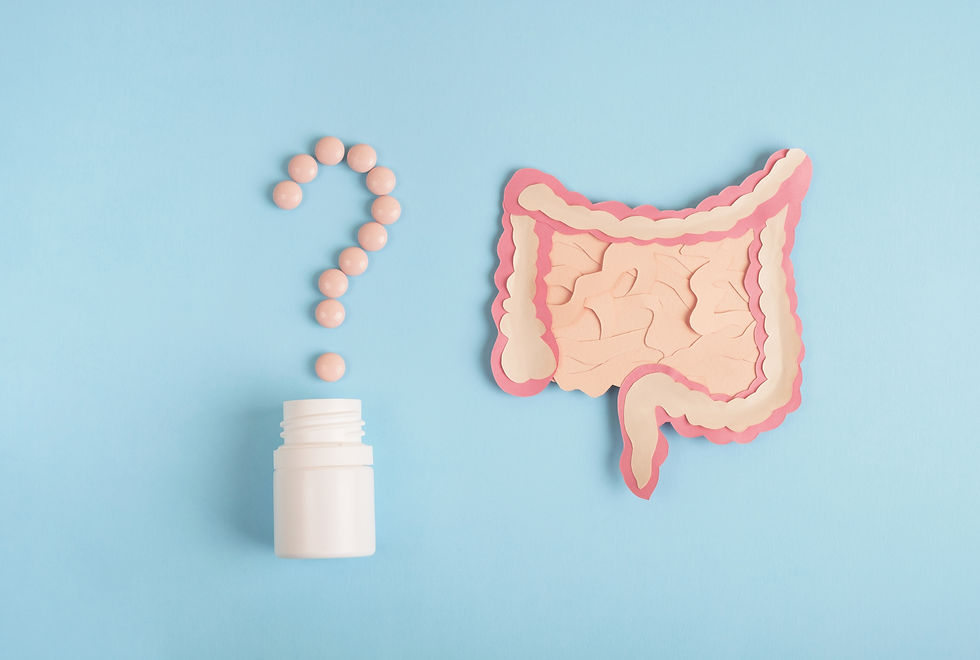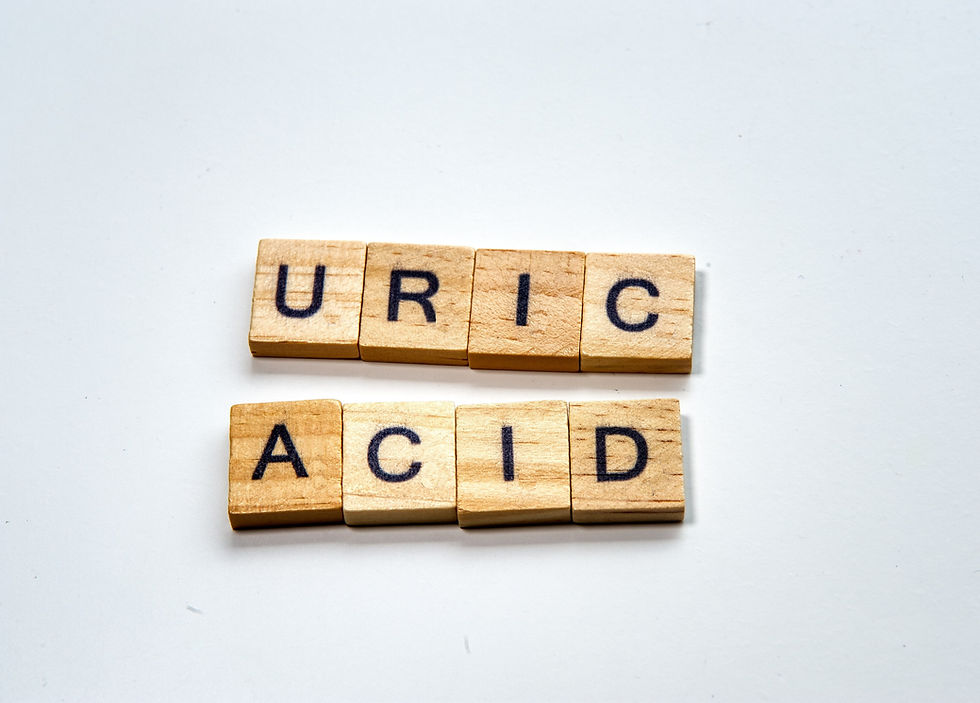Probiotics and Weight Management: A New Perspective with B. lactis IDCC 4301
- Jiwon

- Jul 13, 2023
- 2 min read
Updated: Jan 20, 2024
Unveiling the Role of Bifidobacterium lactis in Shaping Body Weight
In the evolving landscape of health and nutrition, probiotics are emerging as key players in weight management strategies. Among these beneficial bacteria, Bifidobacterium lactis IDCC 4301, a strain originally isolated from the feces of breast milk-fed infants, is gaining prominence. Recent scientific research has shed light on how this probiotic strain could be a game-changer in the battle against obesity.

The Weight-Regulating Mechanism of B. lactis IDCC 4301
Impact on Weight Gain in High-Fat Diet
The study focused on understanding the effects of B. lactis IDCC 4301 on mice consuming a high-fat diet. Remarkably, mice that were supplemented with this probiotic strain showed a significant reduction in weight gain compared to those without the supplement. This indicates the probiotic's potent role in altering lipid metabolism, leading to less fat accumulation.
Modulation of Gut Microbiota
A fascinating aspect of B. lactis IDCC 4301 is its influence on the gut microbiota. The probiotic was found to encourage the growth of beneficial gut bacteria while suppressing harmful ones. This harmonious balance of gut flora is pivotal in maintaining a healthy body weight.
Reduction of Inflammation
In addition to its effects on gut flora and fat metabolism, B. lactis IDCC 4301 exhibited anti-inflammatory properties. Inflammation is a known contributor to obesity and metabolic disorders, making this aspect of the probiotic particularly beneficial in weight management.
Inhibition of Fat Cell Growth and Fat Accumulation
The study also delved into the effects of B. lactis IDCC 4301 at a cellular level. It was observed that the probiotic inhibited the growth of fat cells and reduced the accumulation of fats, particularly triglycerides. This was evident in the reduced size of fat cells around the epididymis in mice.
Decrease in Fat Synthesis and Enhanced Fat Breakdown
Another noteworthy finding was the probiotic's ability to suppress fat synthesis while promoting fat breakdown. This dual action contributes significantly to its effectiveness in managing body weight.
Regulation of Leptin Levels
Finally, the study highlighted the probiotic’s impact on leptin, a hormone associated with body fat. Mice and human subjects taking B. lactis IDCC 4301 showed a decline in leptin levels, suggesting a direct influence of the probiotic on hormones related to obesity.
Conclusion: A Probiotic Solution to Weight Management
Bifidobacterium lactis IDCC 4301 emerges from this research as a potent probiotic with multifaceted benefits in weight management. Its unique ability to modulate gut flora, reduce inflammation, inhibit fat cell growth, and regulate key metabolic hormones positions it as a promising candidate for inclusion in dietary plans aimed at controlling weight.
For those interested in the intersection of probiotics and weight management, further information can be found at ILDONG BioScience, a leader in probiotic research and health supplements.
[Source: "Potential of Bifidobacterium lactis IDCC 4301 isolated from breast milk-fed infant feces as a probiotic and functional ingredient" / DOI: 10.1002/fsn3.3230]
[Source: "Bifidobacterium lactis IDCC 4301 Exerts Anti-Obesity Effects in High-Fat Diet-Fed Mice Model by Regulating Lipid Metabolism"/ 10.1002/mnfr.202200385]



